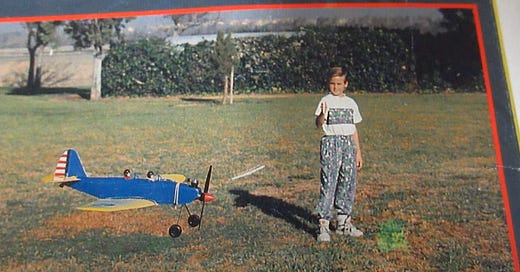Why is this interesting? - The Patrick Radden Keefe Edition
On bribes, bombings, El Chapo, and Syria
It’s the week of July 4th, which means lots of people are on vacation (including me). To lighten the load a bit, we’re going to be going with a format change for this week. Each day we will briefly highlight one of our favorite New Yorker writers and 3-4 pieces you should read. We’re also going to skip July 4th, as we assume many of you will be too busy with hot dogs and beer to read the day’s edition. We’ll be back the week of July 8th with our regular programming. - Noah (NRB)
Colin here. The New Yorker is full of reporters and writers I admire and we’ll highlight another few this week. But after reading Patrick Radden Keefe’s excellent book on Northern Ireland and the troubles, I figured I’d call him out here (I wrote about it for WITI 3/29). He’s got the unique ability to make meticulous research, and seemingly byzantine issues engaging and readable. I devour everything I can get my hands on, and have actually read his “Buried Secrets” piece below five times. Fun fact, pal Nick Paumgarten was Princeton roomies with the Company guy quoted in the story.
Buried Secrets. July 1, 2013. The New Yorker. A very interesting story of business, politics, bribes, and Africa. Features an Israeli diamond billionaire, iron ore, West Africa, and backstabbing. Bait for friend and WITI reader Kevin Allison.
The Avenger. September 21, 2015. The New Yorker. The backstory of how the brother of one of the Lockerbie Bombing victims cracked the case. (If you like this I’d also highly recommend the book The Boy Who Fell out of the Sky by Ken Dornstein, the subject of this story. - Noah)
The Hunt for El Chapo. April 28, 2024. The New Yorker. A vivid, meticulously reported play by play that documents how El Chapo was captured.
Rocket Man. November 17, 2013. The New Yorker. We’re now familiar with how crowded sourced images, user generated footage and other found bits of information are integral to both reporting and creating a historical record. This profile of Eliot Higgins was vital at its time, as it showed how a blogger, miles away from any battlefield was able to prove that Syria had used chemical weapons.
Thanks for reading,
Noah (NRB) & Colin (CJN)







